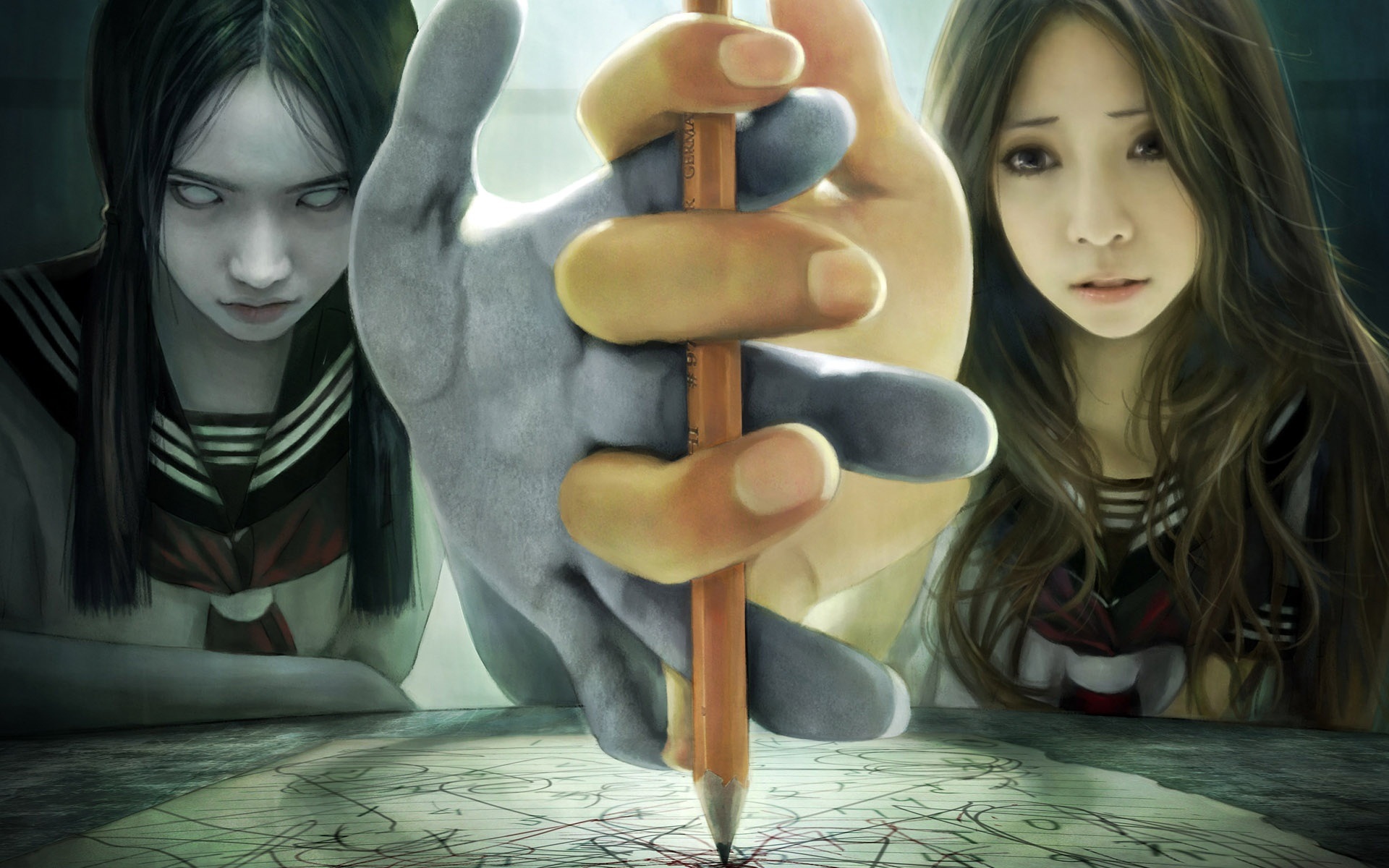Why are there good and evil? This is one of the iconic opposing questions and it can be a daunting one to answer. Social experts, philosophers, theologians, and academicians have pondered it endlessly. This question can be made more complicated when each person has different definitions of good and evil. One thing that we consider as somewhat evil, can be considered as acceptable by others. Fortunately, our society is blessed by the kindness of a stranger who picks up a dropped pen, a little child’s smile and the heroism of firemen who bravely enter a burning house.
Defining the good and evil could become an endless debate and the very first starting point we need to consider is probably the Big Bang itself. Big Bang isn’t only the start of physical universe, but it is also considered as the beginning of time and all other abstract, non-physical objects. Very shortly after the Big Bang explosion, the universe has a very low entropy condition. It means that the universe is still very organized and in this situation, we have a very organized initial condition. With such a low entropy and highly organized universe, we could argue that good is inevitable.
In basic terms, entropy is considered as the level of disorder and entropy will eventually get higher as the universe expanded and became much more disorganized. This could be equal to the propane gas inside the tank that is still in a relatively more organized state. But when we open the valve, the highly compressed propane gas will spread out and it will become disorganized. In this case, propane could become useless, because it is usable only in highly concentrated state. Although the sum of potential chemical energy remains identical, the highly disorganized propane can no longer be accessed, because the molecules have become widely scattered in the open air.
The universe eventually produces many stars and planets, each pumping out immense amount of energy. In this case, a planet could contain a collection of rich materials and conditions. The whole process could continue for billions of years. If the universe isn’t so highly disorganized in later stages, no space rocks will clump together to form terrestrial planets and no gas cloud that can form stars and gas giant planets. The highly disorganized state could be considered as the start of evil, because evil is often believed to be equal to chaos and an action that deviates from the expected patterns.
The higher entropy at later stages of the universe will result in increased work output. Although good may seem to emerge first, evil may start to emerge later. However, considered that stars, planet and life itself appear from disorders, we may consider that we are products of the necessary evils. Such a definition would start to add more complexities to the definitions of good and evil, because not everyone would agree that human being is. So, although defining good and evil from the creation of universe sound plausible, we may start to get additional complexities.

